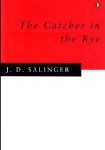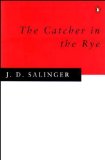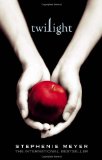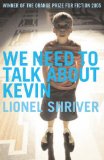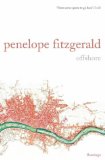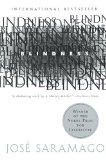The title of this post may sound as though it has nothing to do with books, but bear with me, hopefully I’ll manage to get back to them by the end of this post!
A few weeks ago Lee from Chocolate Reviews sent out a message on twitter asking if anyone would like to review some chocolate. I loved the idea of doing this, but said I didn’t feel qualified to review chocolate as I haven’t reviewed any food before. Lee said this wasn’t a problem, as reviewing chocolate is just like reviewing a book:
The book cover makes you want to buy it, just like chocolate packaging; with chocolate its important to have a good beginning, middle and end and if its a good one then you don’t mind telling other people about it.
I’m willing to try anything once, so agreed to see what I could do. I received a beautiful bar of Charbonnel & Walker’s Pink Marc de Champagne chocolate in the post a few days later:
I was immediately impressed by the fancy box. The Royal Crest is like the chocolate equivalent of a book award to me – raising my expectations before I even try it! I have to admit that I’ve I’ve never eaten a bar like this – I’m more normally found with something cheap from the corner shop!
I opened the box to review a slightly disappointing plastic wrapper, but inside that was the pinkest chocolate I’ve ever seen:
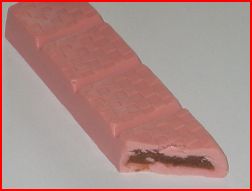
The pink chocolate was much softer than the bars I’m used to – I could easily cut it with a blunt knife. I wasn’t sure about the colour of it – the pink was too dark to appeal to me.
It almost melted in the mouth, having a rich creamy taste. The chocolate truffle centre had a slight alcoholic taste, but I wouldn’t associate it with champagne, as the flavour was too delicate for me to be able to pin-point it’s origin.
Overall, I found it to be a delicious treat, but I don’t think I’d buy a bar myself. I’d prefer to have 8 bars of cheap chocolate than 1 bar of this!
I don’t think I did the chocolate bar justice. I love chocolate, but I haven’t eaten enough bars of a similar standard to be able to compare them properly. I can tell you that I liked it, but not why. I have found a similar thing with reviewing books. Five years ago I’d have been able to tell you which books I loved and which I didn’t, but I wouldn’t have been able to give you any reasons for my choices.
The more books I read, the more fussy I become, but I also start to work out why certain books appeal and others don’t. I think this is a reason I struggle to review graphic novels – perhaps once I’ve read a few more I’ll be able to do a better job of it.
Do you think it is possible to review anything, or do you need to have experienced a large number of similar things to write a proper review?
How many graphic novels do you think I have to read before I can write a useful review for one?

